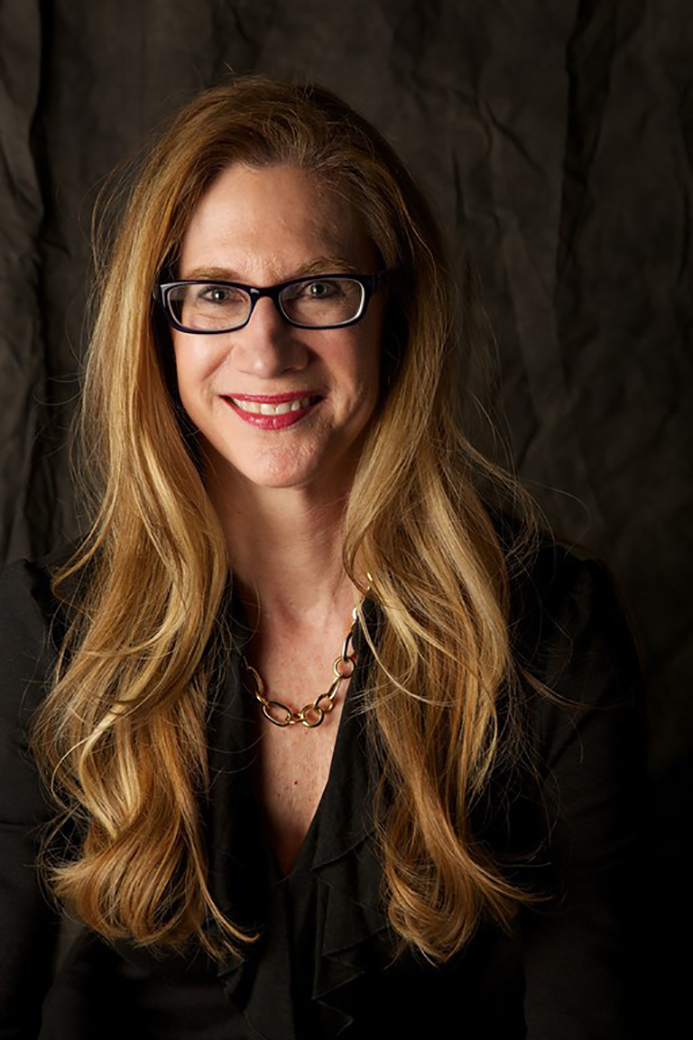Debra Mesch, MBA, PhD, is on a mission to help more women own their innate inclinations to be outstanding philanthropists and to educate the world about the transformational change this can create. As Director of the Women’s Philanthropy Institute at Indiana University’s Lilly School of Philanthropy, she’s the world’s leading expert on the topic, too. The research and data that Mesch cites are as persuasive as the passion she brings to her message.
 Mesch recently carved out time for an interview, shortly before the start of “Fundraising: A Paradigm Shift For The 21st Century,” a national conference she chaired. Rattling off facts and figures like the MBA she is, Mesch quickly demonstrates that women not only give more than men, they also give more collaboratively and effectively.
Mesch recently carved out time for an interview, shortly before the start of “Fundraising: A Paradigm Shift For The 21st Century,” a national conference she chaired. Rattling off facts and figures like the MBA she is, Mesch quickly demonstrates that women not only give more than men, they also give more collaboratively and effectively.
The Lilly School defines philanthropy as voluntary action for the public good. This corresponds with the more widely accepted definition of giving time, talent or treasure because of a love of humanity. Women are innately inclined to be generous with all three, according to Mesch. But, in general, they don’t perceive themselves as philanthropists. Her goal: to get more women to proudly declare “I am a philanthropist!” because this will more quickly change the world for the better.
Three meticulously researched, particularly compelling facts fuel Mesch’s drive.
1. Women are more philanthropic than men—at every age and in every demographic.
“At every age and income level, women give more than men,” Mesch says, citing her research. “Single women give more than single men. Married men give more than single men, because they have been socialized by their wives to do so.”
Mesch particularly is determined to change the commonly held, but entirely incorrect, perception that older women are less likely to give. “This simply is not true!” she says. “Baby boomer and older women are more likely to give at all income levels. And in the top 25 percent of combined income and assets, women give 156 percent more than men!”
2. Women are more likely to support highly effective nonprofits because of their natural inclinations to network, collaborate and invest emotion in organizations they support
Mesch sees particular strength in the way women resonate with networking and collaboration. Powerful synergies develop and inform their philanthropy. Giving circles, which have been popping up across the country for years, are an example of this. Groups of women pool their donations, discuss potential recipients and vote democratically on which organizations to support.
Several giving circles exist in Chicago, including two Impact 100 groups, where 100 women give $1,000 per year. Tiffany Circles of the American Red Cross, with a $10,000 annual donation threshold, can be found around the globe, including Chicago. Women Moving Millions may be the most prominent national example of a women’s giving circle.
Mesch also believes that women become more emotionally involved in the organizations to which they donate money, which leads them to help them be more efficient and effective too.
3. More than $40 trillion in wealth is about to be transferred to women.
Because the average life span of women is longer than men, and for many other demographic reasons too, $40 trillion will soon be transferred to women. Mesch advocates that everyone needs to pay more attention to the power of women’s philanthropy in order to maximize the opportunity inherent in this fact.
So why are women inherently more philanthropic than men?
Mesch cites extensive research that indicates that women just naturally develop more empathy, caring, altruism and pro-social behavior than men. Perhaps it’s genetic. But researchers also use Social Role Theory to explain how men and women are socialized to undertake societal role norms and to behave in ways that are congruent with these gendered roles. “From an early age, girls have been socialized to be more empathetic and altruistic as the nurturers of family and community, while boys have been socialized to be more competitive and focused on self-interest,” she says.
Whatever the underlying reasons, it’s clear that better understanding of and harnessing the inherent power in women’s philanthropy is a wise way forward for our world. Mesch’s mission to empower all women to own their philanthropic power and educate the world about this is a worthy one indeed.
More on philanthropy from Make It Better:

